Unique in the human body, teeth are utterly interesting. Even if you are not as fascinated by teeth, you will find these odd and unusual facts entertaining. The goal is to encourage you to improve your oral health by learning more about teeth so that you visit a dentist in Leduc, Alberta, regularly. To help you become motivated to improve your oral health, here are some teeth-related facts you probably did not know.
- Teeth are not bones.
Teeth are not bones, despite popular belief. They look similar to bones in that they are hard and white yet constructed from entirely different elements. While bones can repair themselves gradually, tooth enamel has no such resilience.
- They are as one-of-a-kind as fingerprints.
When it comes to forensics, teeth are equally as (if not more) unique than fingerprints. The specific configuration of your teeth within your mouth is entirely individual to you. Everyone has a one-of-a-kind bite that no one else can imitate. No braces are required!
- Most adults have 32 permanent teeth.
Most persons have a set of 32 teeth. It consists of 8 incisors (also known as front teeth), 4 canines, 8 premolars, and 12 molars. However, every mouth is unique in its own way. Some people are born without particular teeth; others lose teeth for other reasons.
- More than 300 different types of bacteria can be found in dental plaque.
In reality, there are millions of bacteria in plaque, representing over 300 different species. Streptococcus mutans, a type of bacteria, is the primary culprit in dental health issues. This bacteria turns carbohydrates and sugars into an acid in the mouth that destroys tooth enamel.
- Your lifetime output of saliva is estimated to be around 10,000 gallons.
Every day, your body produces around a quart of saliva, which adds up to about 10,000 gallons over the course of a lifetime. Two whole pools could be filled with that amount of saliva. The saliva produced is essential for good health. It contains enzymes that improve digestion, cleanse food debris from your teeth as you chew, and make the food simpler to swallow. The calcium and phosphate in this neutralize tooth decay-causing plaque acids.
- Enamel is the body’s toughest material.
Enamel is the strong outer layer of teeth that acts as a shield for the softer inner layers. Enamel is primarily composed of calcium and phosphate, like bones, but it is more durable because it is built from specialized proteins and crystallites.

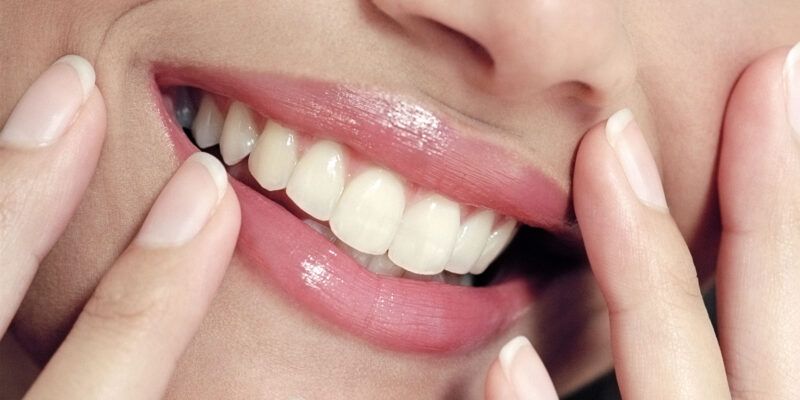
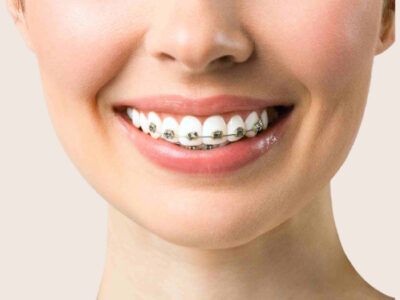
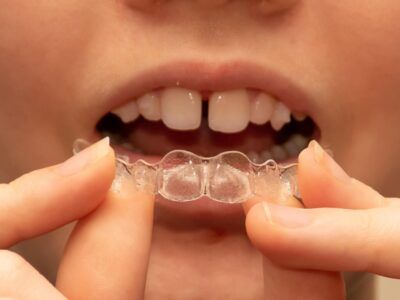
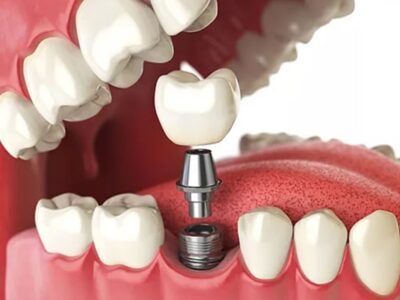

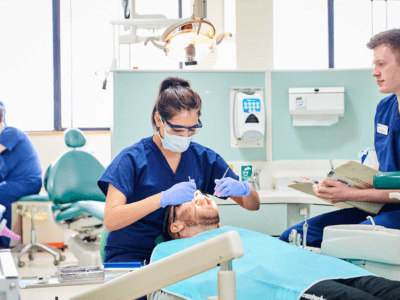






Comments